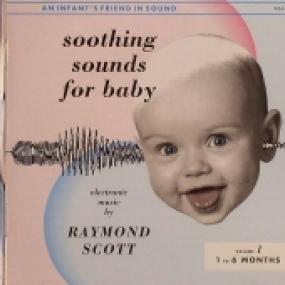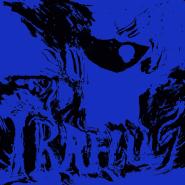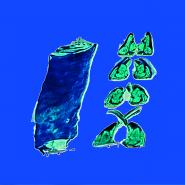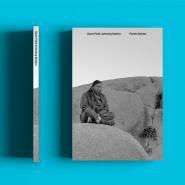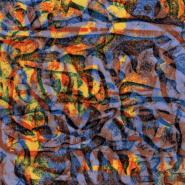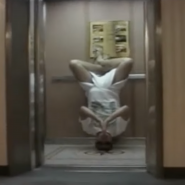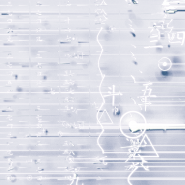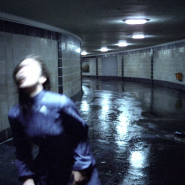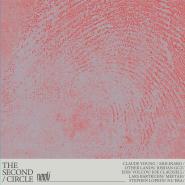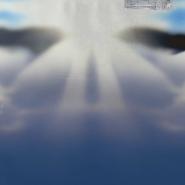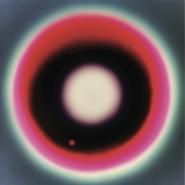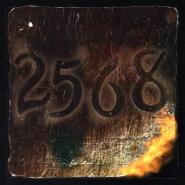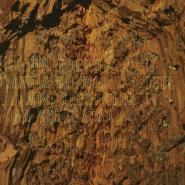SOOTHING SOUNDS VOL 1 by RAYMOND SCOTT
CD Version
| SKU | 48664 |
| Artist | RAYMOND SCOTT |
| Title | SOOTHING SOUNDS VOL 1 |
| Label | BASTA |
| Catalog # | 508126 |
| Tag | |
| Release | W 08 - 2008 |
| Format | CD - EUCD |
| € 9,50 | incl. VAT, excl. shipping |
Description
Despite its title, Soothing Sounds for Baby isn't just for infants. When it was recorded by composer / electronic music pioneer Raymond Scott, it was intended for babies -- but history has endowed this deceptively simple work with a broader significance. Had Scott known that this elemental music's appeal would continue as its target audience grew up, he might have entitled the series Sophisticated Sounds for Baby...Released on three long-playing records in conjunction with the Gesell Institute of Child Development, Inc., Soothing Sounds... was intended to serve as an "aural toy" during the "feeding, teething, play, sleep and fretful periods" of infants in three distinct age groups. The original album notes stressed that a young child's sense of hearing is better developed than many people realize. Besides soothing infants, these recordings were intended to be "pleasantly stimulating." Babies like "new sights and new sounds," explained a booklet slipped inside the albums. Music consists of vibrations, which babies also like -- "just vibrate baby's bed gently," the booklet noted, and "crying often stops." By approximating "the rhythmic tinkle of a music box" and "a ticking watch held close to [the] ear," Soothing Sounds for Baby provided a "quieting" atmosphere of relaxation, warmth, and contentment.
- - Ironically, these same qualities were embodied in a type of adult music that evolved in the 1970s and '80s. Brian Eno's 1975 album Discreet Music is often cited as the first deliberate attempt at "ambient music" (though Eno cited No Pussyfooting, a 1973 collaboration with guitarist Robert Fripp, as a forerunner). In his book A Year With Swollen Appendices, Eno stated, "Ambient Music is intended to induce calm and a space to think. [It] must be able to accommodate many levels of listening attention without enforcing one in particular; it must be as ignorable as it is interesting." His subsequent albums On Land, Music for Airports, Thinking Music, and Thursday Afternoon, along with Fripp's solo Frippertronics and Soundscapes, defined a genre of music that could justifiably be termed Easy Listening for the avant-garde. (For a complete history of sonic sedatives, read Joseph Lanza's Elevator Music, published by Quartet Books, UK.) This music, intended to pacify and mesmerize, later mixed with dance beats into such styles as ambient house, trance, techno, and trip-hop. Echoes can be heard in the recordings of Aphex Twin, The Orb, and Stereolab, among countless others.

